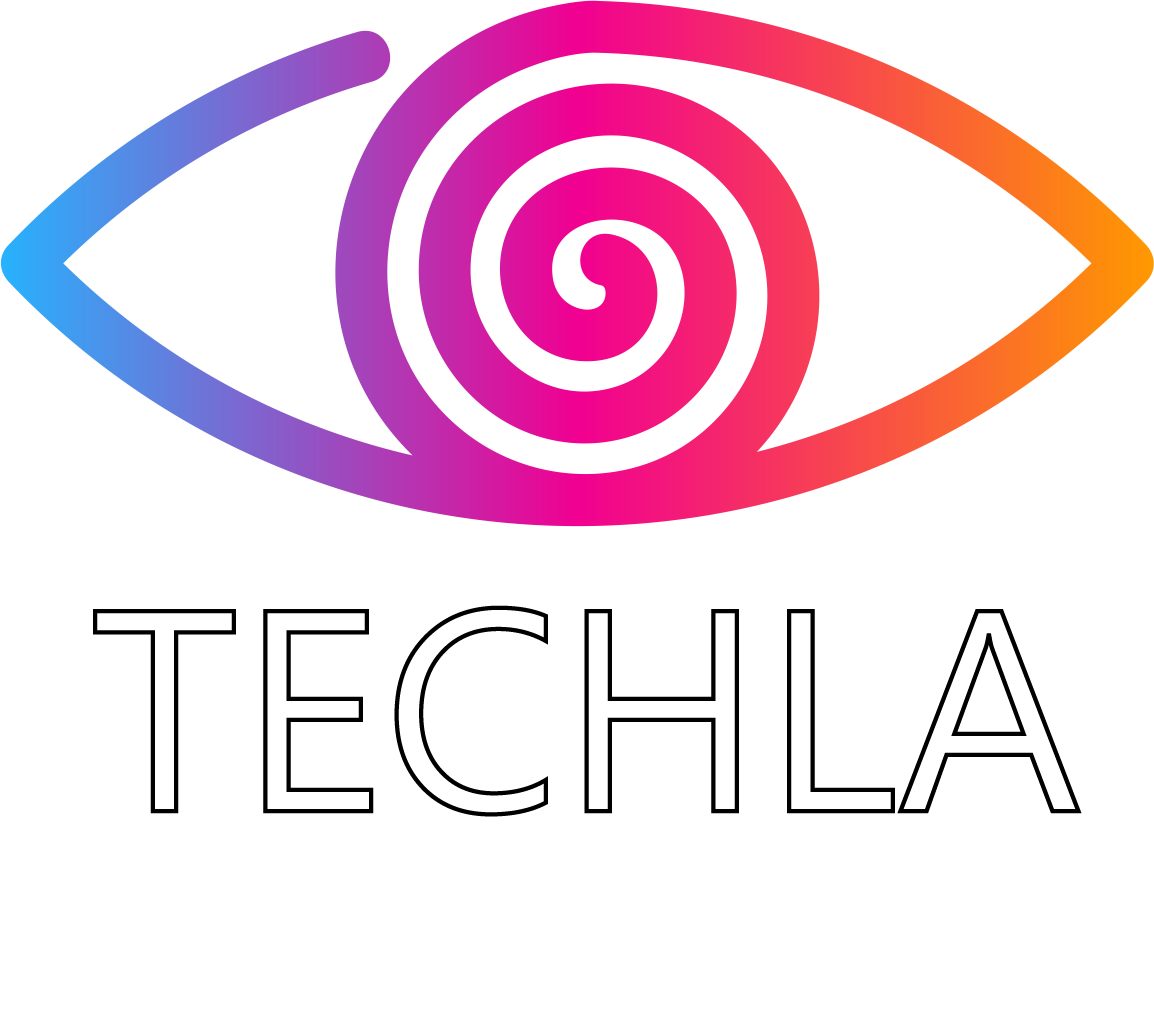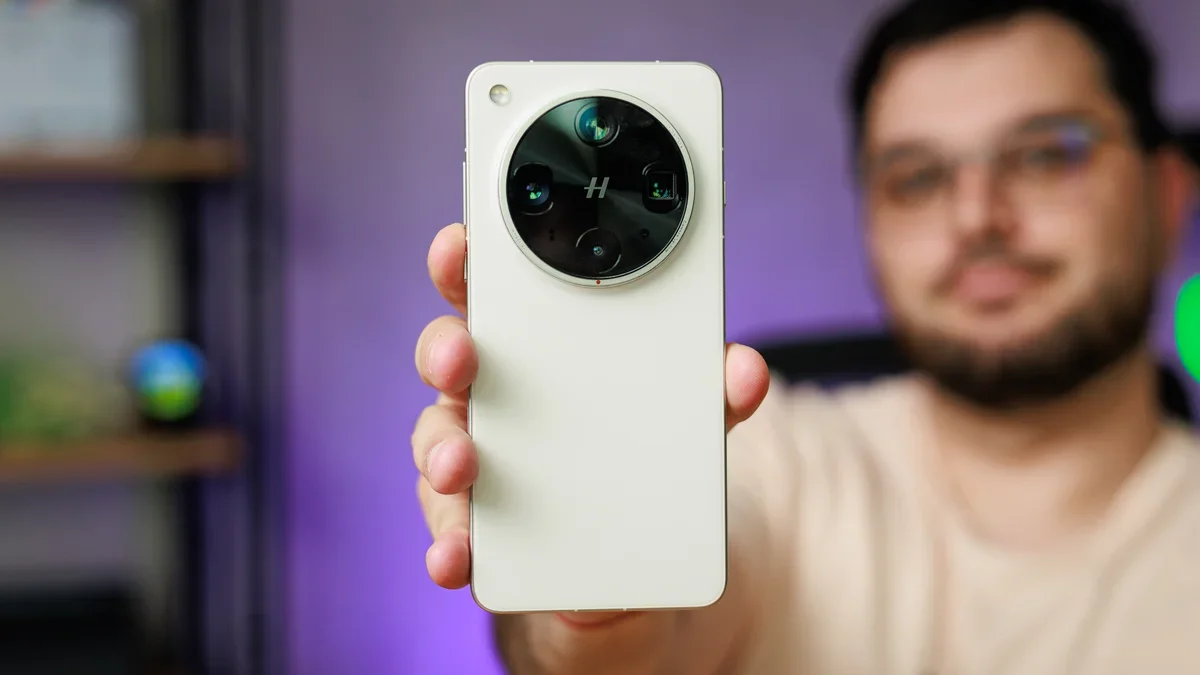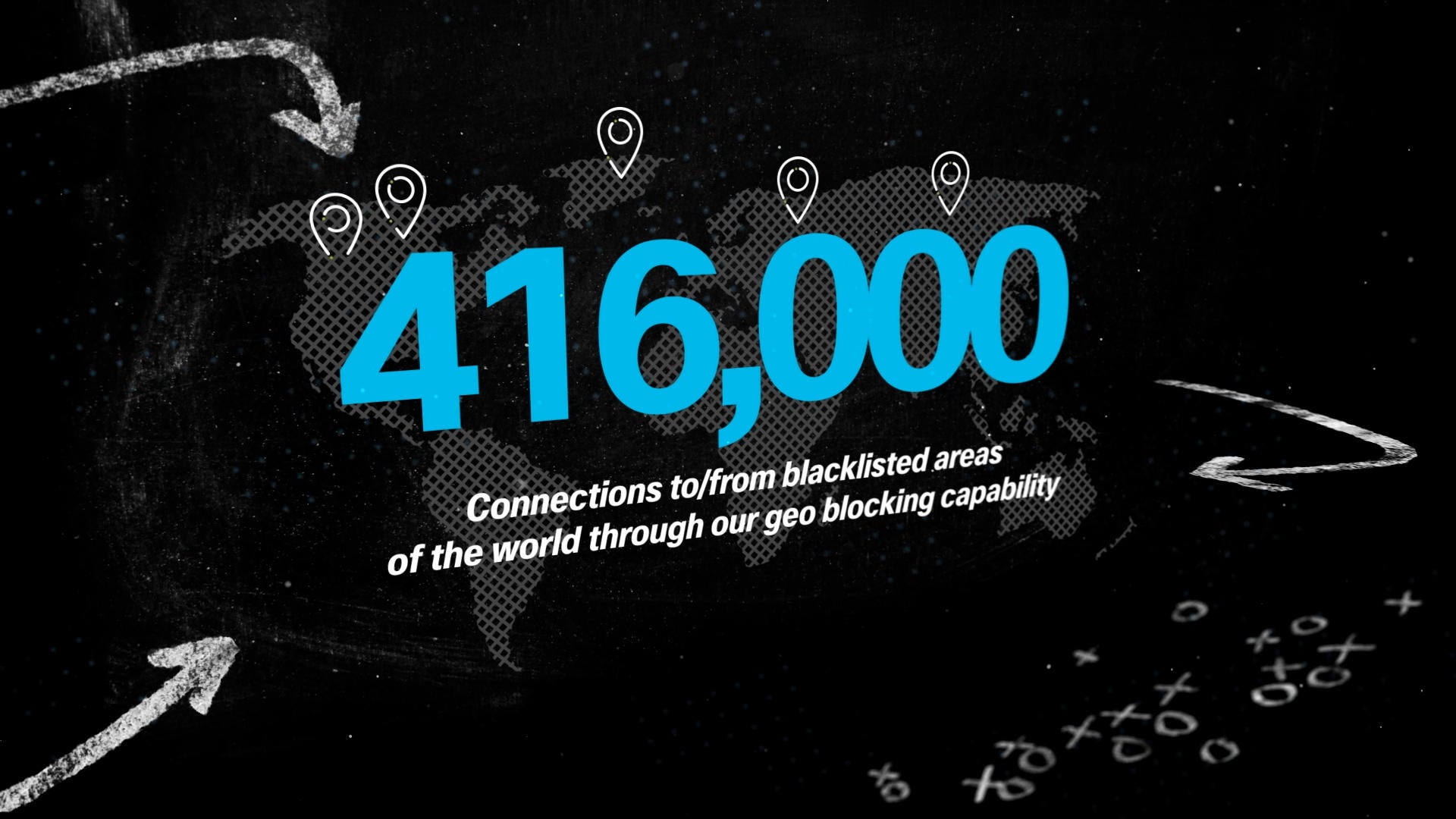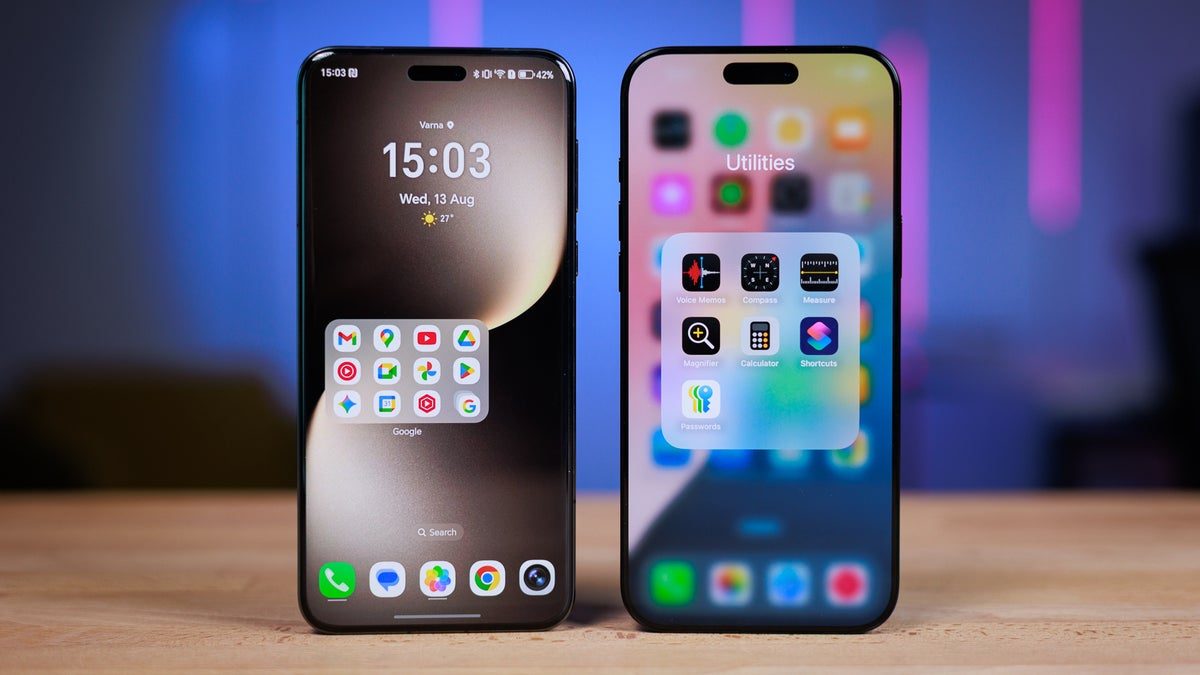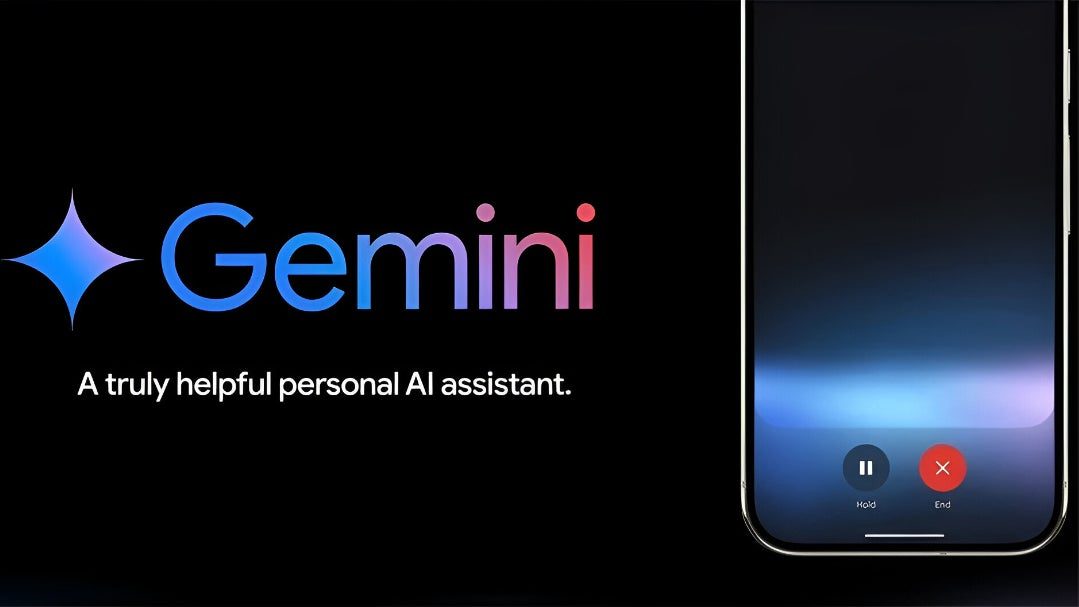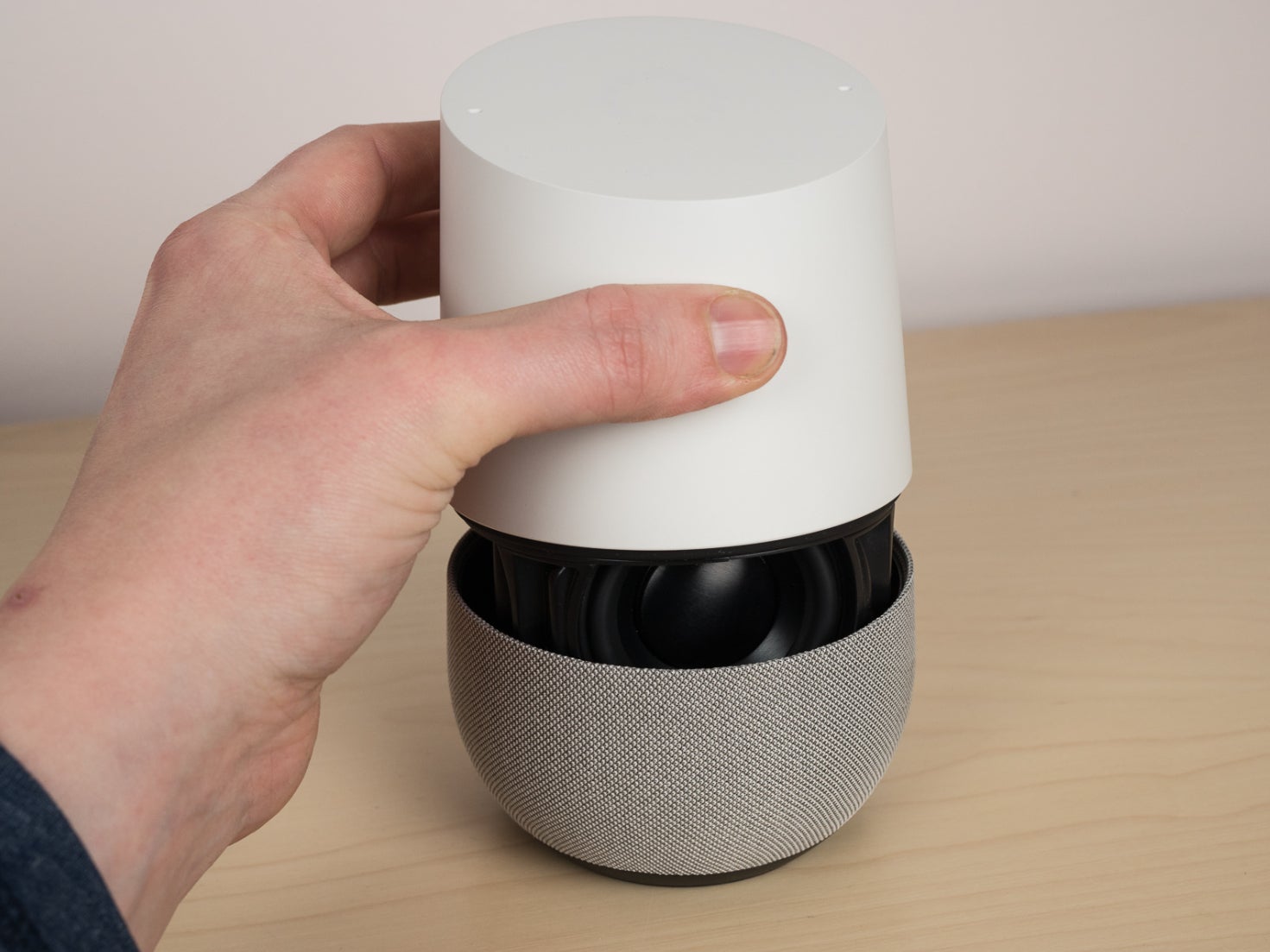Apex Guard: what it’s all about?


Image by Oppo
Oppo held an exclusive event recently and clarified how the company is focusing to boost quality:
Quality is the foundation of everything. Through continuous breakthroughs in quality, Oppo is committed to protecting the freedom of every user on their journey in life. Quality isn’t just a feature, it’s the freedom to Make Your Moment.
– Grus Shan, Director of Manufacturing at Oppo, November 2025
Oppo’s Apex Guard is a complete technology suite built to redefine what users can expect from a smartphone by focusing on durability, longevity, and smooth, reliable performance, as the company puts it.The company representatives showed off a combination of advanced materials and smart design: Ultra-High-Strength Steel and aerospace-grade AM04 aluminum form the backbone of the devices, reinforced further by structural solutions like Armour Shield, giving phones the strength to survive drops, spills, and daily wear.But durability is only part of the story. Apex Guard also addresses long-term performance, using innovations such as the Silicon-Carbon Battery with customized spherical silicon-carbon material, which not only promises to improve safety but also extends battery life by up to 400 cycles, keeping phones operating like new years after purchase.
Honestly, the idea of a phone staying “like new” years after purchase is a game-changer.
Simulating a 72-month long-term use
What’s more, Oppo is collaborating with testing and certification companies like TÜV Rheinland, TÜV SÜD, and SGS, running more than 180 checks from pre-R&D to end-of-life, including rigorous simulations of long-term use over 48, 60, or 72 months, to ensure devices remain smooth, responsive, and reliable over time.Software is treated with equal care: ColorOS 16 introduces features like Instant Refresh on entry-level phones to reduce data fragmentation and optimize app permissions, while Oppo’s Smoothness Baseline Test and the Parallel Animation Standard 6 Zero (tracking lag, crashes, freezes, mislaunches, and flickers) is meant to ensure every app launch and home-screen transition is fluid and responsive.
The best thing is that Apex Guard is to be utilized on virtually all Oppo phones: from the entry-level series to the flagship Find X series.
Sounds good, but time will tell
I don’t care about marketing slogans – I care if a device actually holds up, stays smooth, and doesn’t feel like it’s falling apart after a couple of years. Oppo claiming Apex Guard will keep phones reliable over time is bold, and if it works, it could force other brands to rethink how they build for longevity.Which could lead to more durable future iPhones than the iPhone 17… which is nice.
#Super #tough #phones #show #fragile #iPhone
